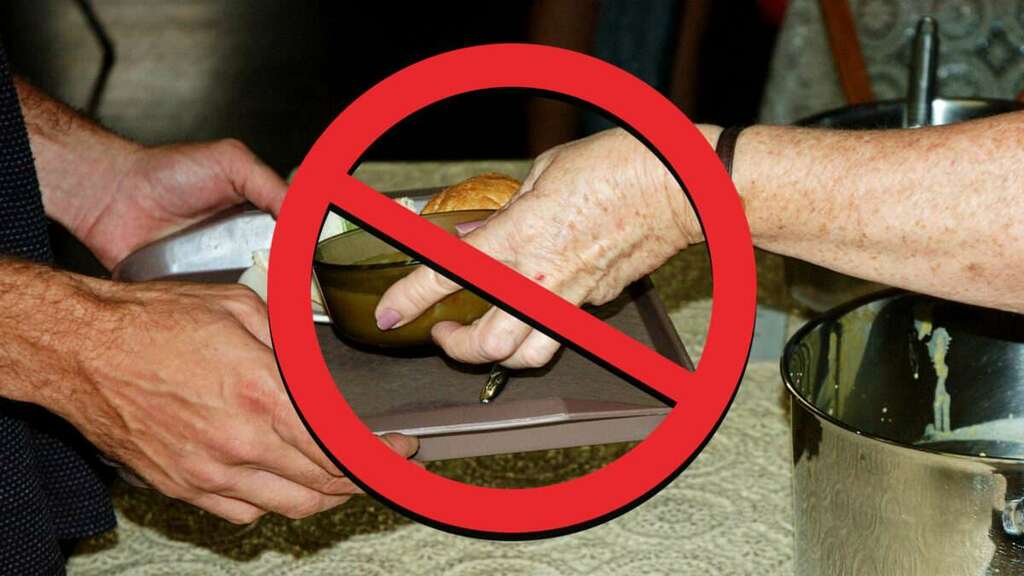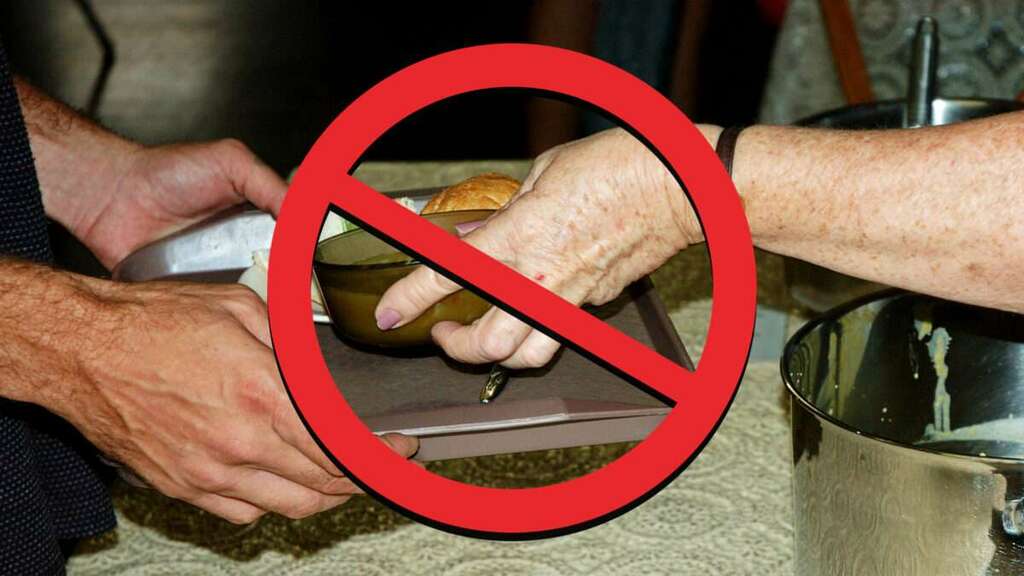

Two Philadelphia-area churches have come under fire from local zoning officials, who say their free meal services, mental health counseling, and monthly pantries aren’t allowed on their properties and will have to stop or else they risk fines.
In early June, Pottstown staff sent letters to Christ Episcopal Church and Mission First, saying that this charitable work went beyond the allowable activities for churches in the borough’s Downtown zoning district.
“I am writing this letter with compassion for those affected by the COVID pandemic and with gratitude to residents who’ve provided aid to those in need throughout that period,” wrote Pottstown Zoning Officer Winter Stokes in a letter to one of the churches obtained by WHYY, which first reported the story. “However, as the Zoning Officer, I must enforce the zoning code.”
Stokes’ letters specifically lists regular provision of mental health counseling to families, weekly buffet meals, and the distribution of soap, razors, toothbrushes, and other essential items as disallowed uses.
The two churches can either apply for a zoning variance—which requires going before the borough’s Zoning Hearing Board—or stop the disallowed charitable work. Failure to do either of those things could result in the churches being hit with $500 fines for every day they’re out of compliance.
“It was an absolute surprise when we got this letter,” says Dennis Coleman, the deacon of Christ Episcopal Church. He says that his church has been providing meals and an “essentials” pantry for years without incident.
“We’ve been doing the one meal a week for as long as anyone can remember,” which typically feeds about 60 people, Coleman says. The church also runs a “Last Week of the Month” program that provides people with food, essential items, or even assistance in paying gas and electric bills.
Christ Episcopal Church in Pottstown and the Episcopal Diocese of Pennsylvania both hired attorneys after receiving the letter from the borough and are trying to negotiate a solution that will let the church continue its longstanding charitable work.
The borough gave Christ Episcopal Church and Mission First until this coming Sunday to cease their activities or apply for a variance.
Coleman tells Reason that his church has no intention of stopping its activities or applying for a variance.
“We would need a variance to ask permission to do what Jesus calls us to do. And we’re not in the mood to ask permission to do what we’ve always done or what we’re commanded to do,” he says.
Pottstown borough staff did not respond to emails requesting comment.
Churches’ charitable activities often don’t fit neatly into commercial or residential categories defined by municipal zoning codes. That makes them occasional targets of code enforcement.
Reason has covered cases of an Oregon church’s soup kitchen being prohibited by its residential zoning and a New York church’s cold weather shelter being prohibited by its commercial zoning.
Even when charitable activities are allowed by the zoning code, the process for getting them approved is long and discretionary. Frequently, it will involve public hearings where opponents have the opportunity to urge zoning officials to deny permits for a new soup kitchen or shelter.
Those critical voices can often crowd out the beneficiaries of these privately provided services, as well as the people who are happy to support them.
“People come in for a meal, or come into the pantry, it’s an opportunity to get to know folks and journey along with them,” says Coleman. “Everything in our pantry, and our meals, good folks donate to that. People want to support this.”
Story cited here.
Scroll down to leave a comment:





